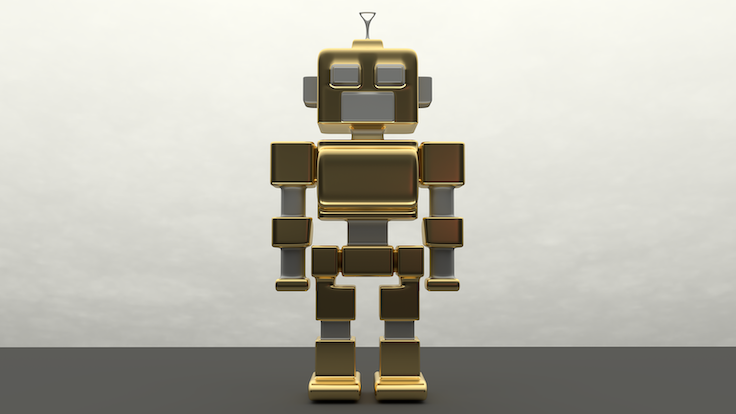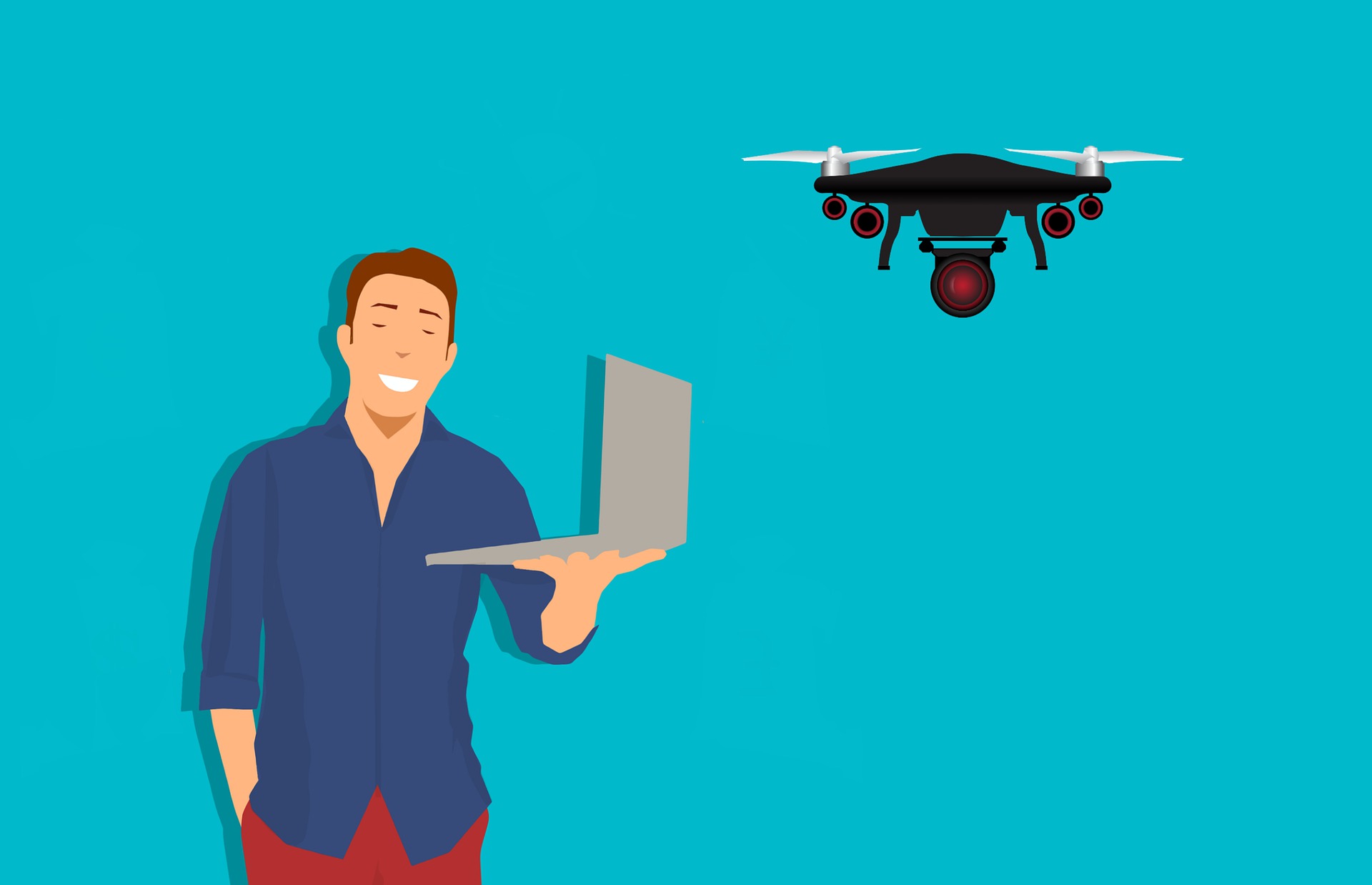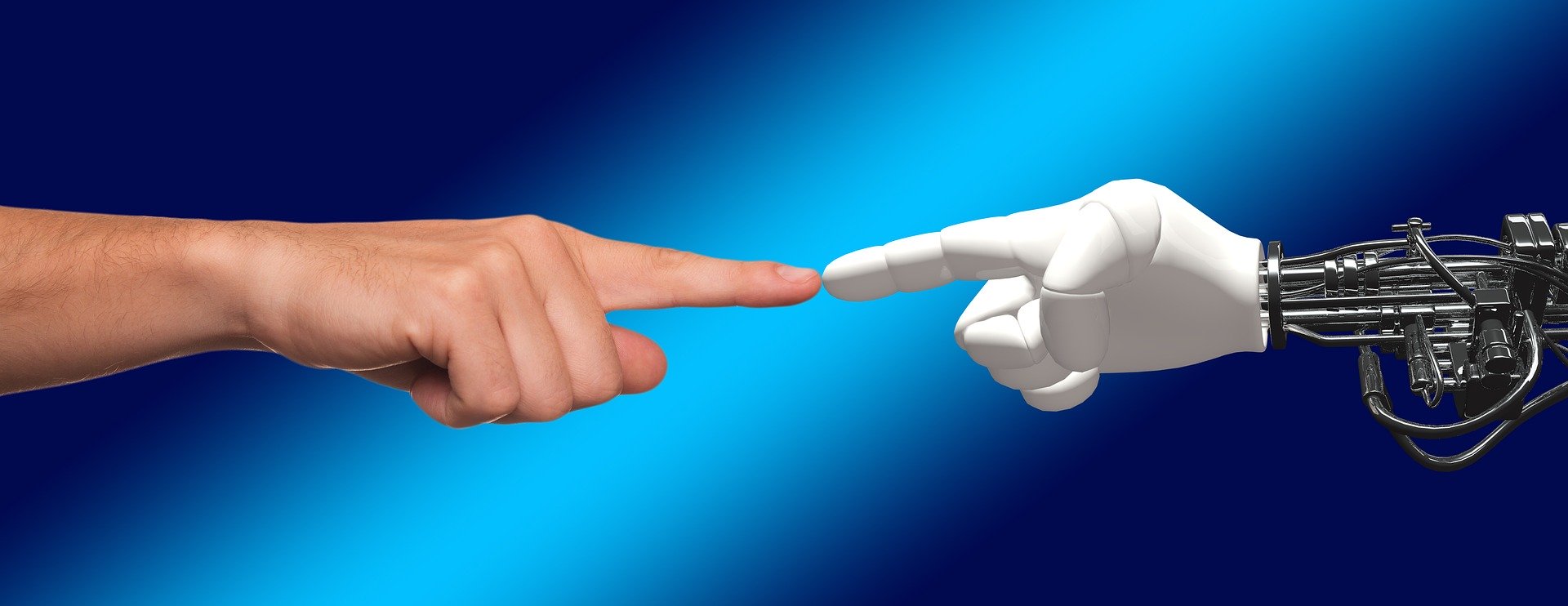The future of warehouses: will robots take our jobs?
Warehouses are busy places to work, with people involved in many different roles, from transporting goods to managing inventories, fulfilling orders to generally keeping the place running. But with the rise of artificial intelligence and increase in tech options available to warehouse managers, do we need to be worried that workers will become obsolete in warehouse operations?

The rising importance of warehouses
With the cost of owning or renting premises increasing, warehouses are an important part of the logistical operations of many businesses today. Providing a cost effective way to store parts or goods and fulfil orders.
In 2018, an estimated 1.8 billion people shopped online worldwide (Statista, 2018), with e-retail sales of $2.8 trillion, expected to rise to $4.8 trillion by 2021. This trend for shopping online is not showing any signs of stopping soon thanks to the convenience and competitive prices offered by large retailers with low overheads.
This increase in online shopping and the impatience of the modern-day consumer for faster and faster service is forcing warehouses to up their game, to find products, deliver orders faster and to restock and replenish their shelves in double quick time.
So where do robots fit in?
Even today, robots, artificial intelligence and tech can serve a number of functions in warehouses:
· Heavy lifting
Autonomous Guided Vehicles (AGVs) are large mobile robots that can do some of the heavy lifting around the warehouse. They can be used to transport goods and lift them onto high shelves with ease
· Picking and packing
Robots can be used to fulfil orders
· Audit and inventory help
We’ve all heard of drones, but did you know that equipped with barcode scanners they can be used to help audit and manage inventory in the tiniest, hardest to reach spaces?
· Predicting trends
Data mining, mathematical modelling and artificial intelligence can be used to track and predict trends and help to optimise stock levels
· Real time stock tracking
Increased interconnectivity and the Internet of Things mean warehouses can begin to transmit data about stock levels and requirements in real time with no input from humans
· 3D printing
As the cost of this technology reduces, products can be made to order rather than taking up space in a warehouse.
So automation and robotics can be used to reduce many manual activities and help a warehouse optimise its efficiency.

Does this mean we need to worry ?
Let’s not forget that throughout history there have been many times that humans have worried for their jobs when new machines or methods have come along, and futuristic books and movies don’t do much to quell these fears. And while there may be some routine jobs that robots could potentially take over and complete faster and more accurately than their human counterparts, this comes at a huge financial outlay. There are also many other jobs that involve specialist knowledge or creativity that will continue to be vital to the effective running of warehouses.
Robots tend to be able to do only those tasks that are repetitive and programmable leading to little flexibility. Whereas staff can be moved around or redeployed in times of high demand, AGVs, drones and the like cannot be.

A 2017 analysis by McKinsey shows that humans will still be needed in the workforce, “the total productivity gains we estimate will only come about if people work alongside machines.”
In fact, Evan Garber, CEO of Escape Velocity Systems & Co-Founder of Mobe3 suggests that more people than ever before will be employed in warehouses. He says, “utilizing artificial intelligence to enhance accuracy while allowing workers to focus on areas that benefit from the human element means a more productive and nimble operation.”
Only humans can look at complex problems and come up with creative solutions drawing on their different life experiences and working in teams to innovate and pool ideas.
No computer has yet come close to doing this.
If you’re looking for your next warehouse role, why not send us an email on info@nustaff.co.uk. Or alternatively give us a call on 01291 628888 (Chepstow) or 02920 263365 (Cardiff), we’ll be happy to help.


Recent Posts
Nu-Staff Strengthens Leadership Team with the Appointment of Mark Shepherd as Sales Director
Nu-Staff Strikes Gold with New Non-Executive Director
Nu-Staff Completes Management Buy-Out with Support from Development Bank of Wales and GS Verde
Expanding the Talent Pool: Strategies for Employers
Tips for Recruiting Diverse Teams
Understanding the Right to Carers Leave: A Guide for Employers and Employees
Unlocking Potential: How to Attract and Retain Neurodivergent Talent
Top skills employers are looking for in 2024
5 Tips to Help You Kickstart Your Job Search in January
Why you should start your 2024 job search now
5 benefits of Christmas temp jobs